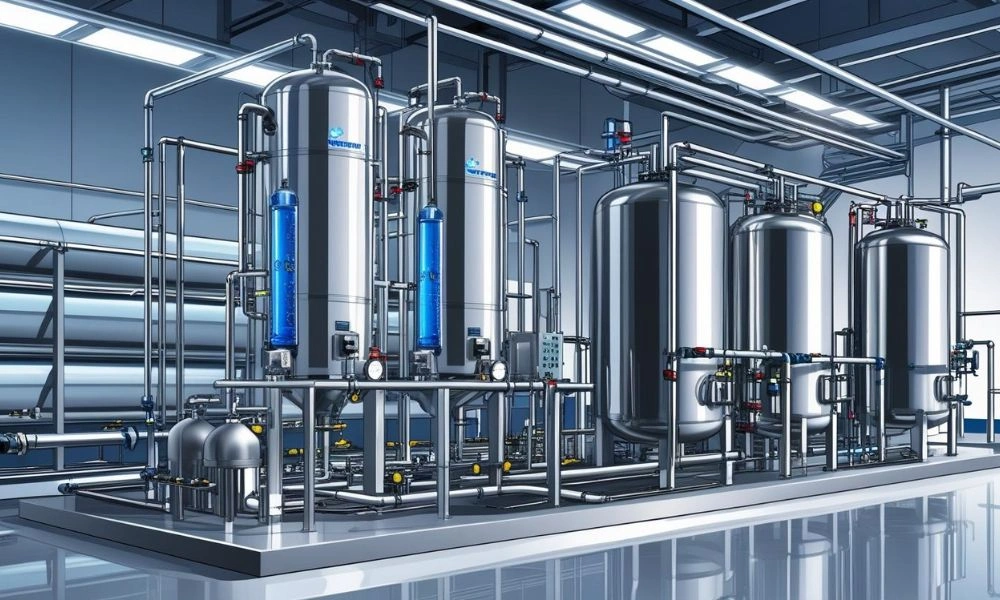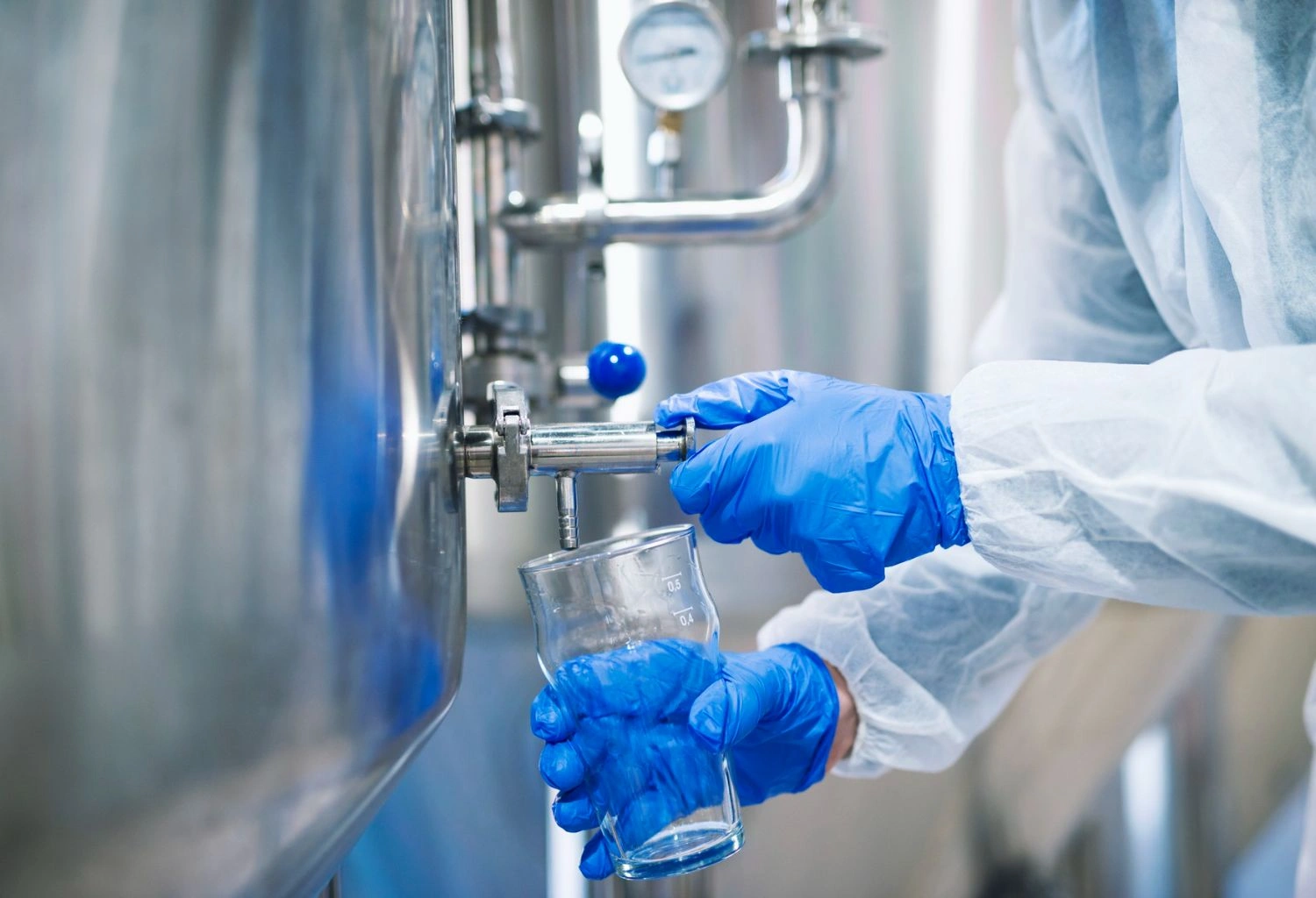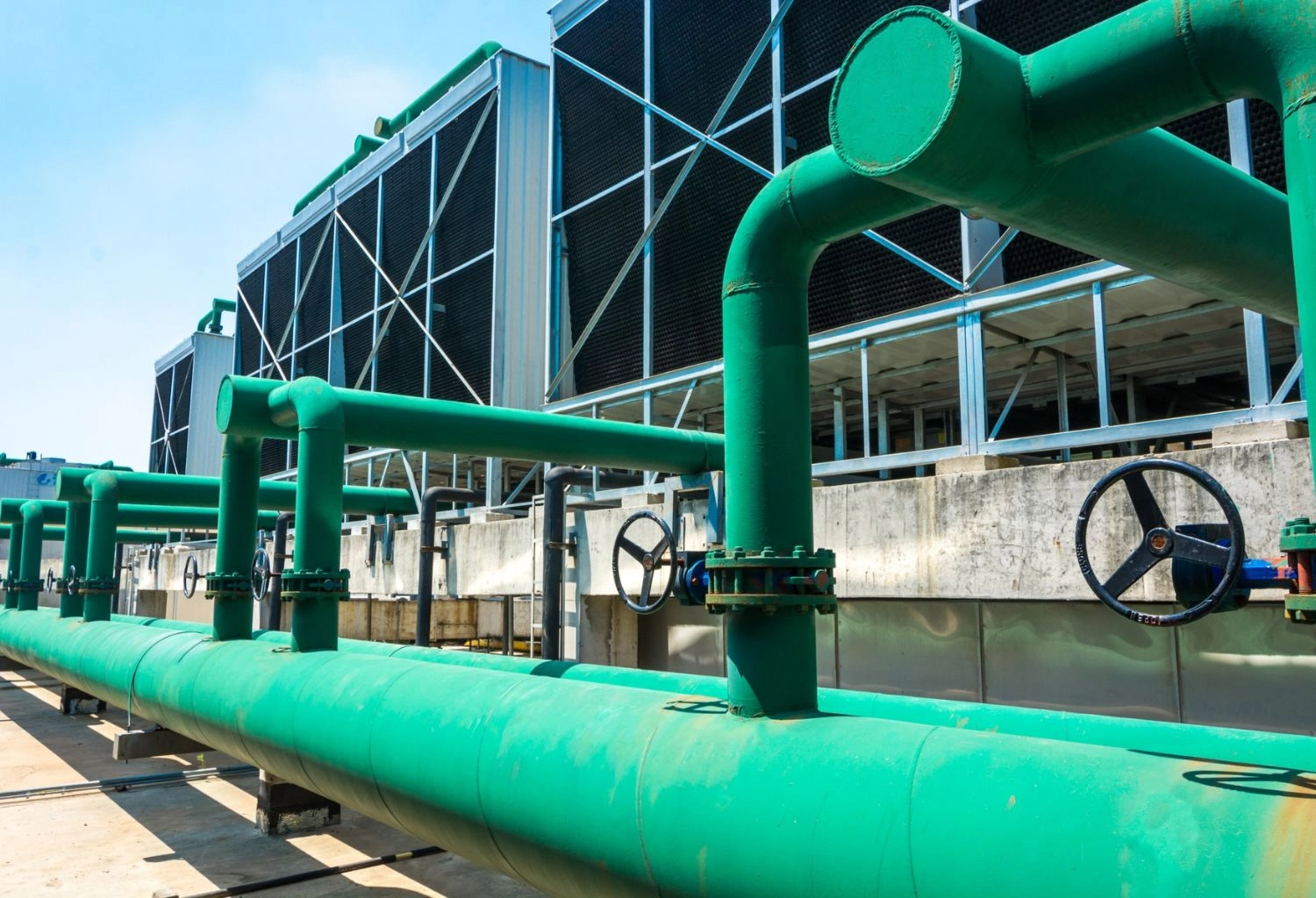Choosing the best way to filter water means adopting eco-friendly, cost-effective technologies like bioremediation, AOP, MBBR, and electrocoagulation. WCSP delivers smart solutions tailored to domestic, industrial, and agricultural needs. Their certified systems ensure clean, reusable water, minimal maintenance, and long-term savings—making water filtration not just a necessity, but a sustainable investment for a better future.
Ultra-filtration Water Plant
Why Water Filtration is More Relevant Than Ever?
Safe, clean water is an elementary human necessity—yet millions remain without access to it. Industrial wastes and heavy metals, along with biological impurities, make water unsafe even directly from the source. Be it a home, an industry, or an agricultural facility, finding the best method to filter water is now a necessity—not an option.In Pakistan and around the world, companies such as Water Care Services Pakistan (WCSP) are offering state-of-the-art, sustainable water filtration solutions customized for each requirement. Their ISO-certified, green technologies such as bioremediation, AOP, electrocoagulation, and MBBR offer unparalleled performance with low operating inconvenience.
What Contaminants Are Found in Unfiltered Water?
Unfiltered water may contain all sorts of contaminants based on the source:
- Heavy metals: Arsenic, lead, mercury, cadmium
- Pathogens: Bacteria, viruses, protozoa
- Chemical pollutants: Fertilizers, industrial solvents
- Sediments and turbidity
- Bad taste and odor caused by chlorine or organic material
A perfect water filtration solution should be able to address all these dangers. That’s why the selection of the best method of filtering water is important for health and sustainability.
Filtration Water Plant
What Are the Contemporary Methods for Water Filtration?
Let’s discuss today’s most advanced water filtration technologies, commonly employed in industrial, municipal, and even household installations:
1. Bioremediation – Natural But Potent
This green process utilizes live microbes to break down toxic contaminants in water. It’s particularly well-suited for industrial effluent, including textile, mining, and pharmaceutical wastes.
- Green and chemical-free
- Optimal for organic pollutant degradation
- Low sludge generation
Ideal for: Industrial effluent, heavily contaminated areas
2. Advanced Oxidation Process (AOP) – Tackling the Most Resistant Pollutants
AOP uses ozone, UV light, or hydrogen peroxide to destroy difficult-to-remove organic pollutants and disease-causing organisms.
- Destroys pesticides, dyes, and pharmaceuticals
- Kills bacteria without chlorine
- Ideal for high-end polishing of water
Ideal for: Final-stage treatment, industrial reusability
3. Electrocoagulation – Intelligent Filtration through Electricity
WCSP’s electrocoagulation units eliminate metals, suspended solids, and emulsified oils through electric charge.
- No requirement of chemical coagulants
- Produces low sludge
- Low cost of operation
Ideal for: Textile, mining, food, and oil industries
4. MBBR (Moving Bed Biofilm Reactor) – High-Capacity Biological Treatment
This biological treatment system enhances the active surface area for microbial growth, enabling effective and space-saving filtration.
- Space-conserving design
- Minimum maintenance
- Employed in conjunction with other treatment systems for better outcomes
Ideal for: Municipal sewage, food processing industries, and big housing societies
How to Select the Best Means to Filter Water for Your Requirements?
Various environments call for different approaches. This is how to determine the best means to filter water for your intended use:
How to Choose the Best Way to Filter Water for Your Needs?
Different environments require different solutions. Here’s how to identify the best way to filter water for your specific use:
| Use Case | Best Method | Why |
|---|---|---|
| Home Drinking Water | RO + UV + Carbon | Removes taste, odor, microbes |
| Industrial Wastewater | Bioremediation + AOP | Eco-friendly, low maintenance |
| Agriculture | Electrocoagulation | Filters pesticides, heavy metals |
| Housing Societies | MBBR + Chlorine Disinfection | Scalable and effective |
WCSP provides customized water filtration solutions based on detailed water analysis, ensuring high efficiency and regulatory compliance.
What Are the Benefits of Choosing WCSP’s Solutions?
Water Care Services Pakistan offers tailored solutions that are:
- ISO-certified and built to last
- Designed for low energy and chemical use
- Supported by automated monitoring systems
- Simple to install and use
- Assisted by local professionals with 15+ years of experience
WCSP is selecting the optimal means of water filtration—particularly when sustainability and efficiency are considerations.
Is the Best Water Filtration Also Cost-Effective?
Yes. New filtration technology helps minimize operational costs:
- Reduced chemical usage
- Low manpower
- Less downtime due to automation of the system
- Small footprint saving space and civil work expenses
WCSP systems are designed for ROI, particularly in big industrial operations, where water recycling and reuse enable corporations to reduce both costs and environmental fines.
Can Treated Water Be Utilized Again?
Yes. After being filtered through technologies such as AOP, electrocoagulation, and MBBR, water can be reused for:
- Boiler feed
- Cooling towers
- Irrigation
- Toilet flushing
- Equipment washing
Not only is water conserved but environmental regulations in Pakistan and other countries are also achieved.
What Makes a Water Filter “Eco-Friendly”?
An environmentally friendly water filtering system:
- Does not use minimal or no chemicals
- Has low sludge output
- Is energy conserving
- Encourages water reuse
Does not cause secondary pollution (in contrast to chlorine-based systems)
WCSP heads the green revolution in Pakistan by providing filtration systems that fulfill all these requirements.
Conclusion: What Is the Best Way to Filter Water?
The solution is in personalized, eco-friendly filtration systems. There is no single solution that fits all, but WCSP provides every client with a solution that is not only efficient and certified but also environmentally friendly. From residences to heavy industries, the future of water filtration is chemical-free, low-energy, and futuristic. With innovative technologies such as AOP, MBBR, and bioremediation, WCSP has a definitive solution to a universal crisis—clean and safe water for everyone.
Frequently Asked Questions (FAQs)
1. What is the best way to filter water today?
The best way to filter water depends on your source. Bioremediation, AOP, RO, and electrocoagulation offer top performance in homes, industries, and agriculture.
2. Why is water filtration more relevant than ever?
Rising pollution, industrial waste, and health risks make filtration essential. Clean water access is vital for homes, industries, and public health sustainability.
3. What contaminants are found in unfiltered water?
Unfiltered water often contains heavy metals, bacteria, viruses, fertilizers, and bad odors—posing serious health, environmental, and operational threats to people and industries alike.
4. How does bioremediation filter water naturally?
Bioremediation uses microbes to break down toxic pollutants without chemicals. It’s ideal for industrial effluents and offers low-sludge, green filtration benefits.
5. What makes AOP effective for tough pollutants?
Advanced Oxidation Processes (AOP) use ozone, UV, or peroxide to destroy organic chemicals, pathogens, and pollutants without chlorine, making water safe and reusable.
6. Why choose electrocoagulation for industrial water?
Electrocoagulation removes metals, oils, and suspended solids using electricity—not chemicals. It’s ideal for textile, food, and mining wastewater treatment.
7. What’s the advantage of MBBR in filtration?
MBBR boosts microbial activity in a compact space. It treats sewage, industrial waste, and is perfect for large-scale municipal water systems.
8. How do I choose the right filtration method?
Selection depends on usage: RO+UV for homes, AOP for polishing, electrocoagulation for industry, and MBBR for large-scale sewage or society water.
9. Can filtered water be reused safely?
Yes. Properly treated water is safe for reuse in cooling towers, irrigation, toilet flushing, and equipment washing—saving water and reducing costs.
10. What defines an eco-friendly water filtration system?
Eco-friendly filters use little to no chemicals, generate less sludge, save energy, and allow water reuse without harming the environment.



